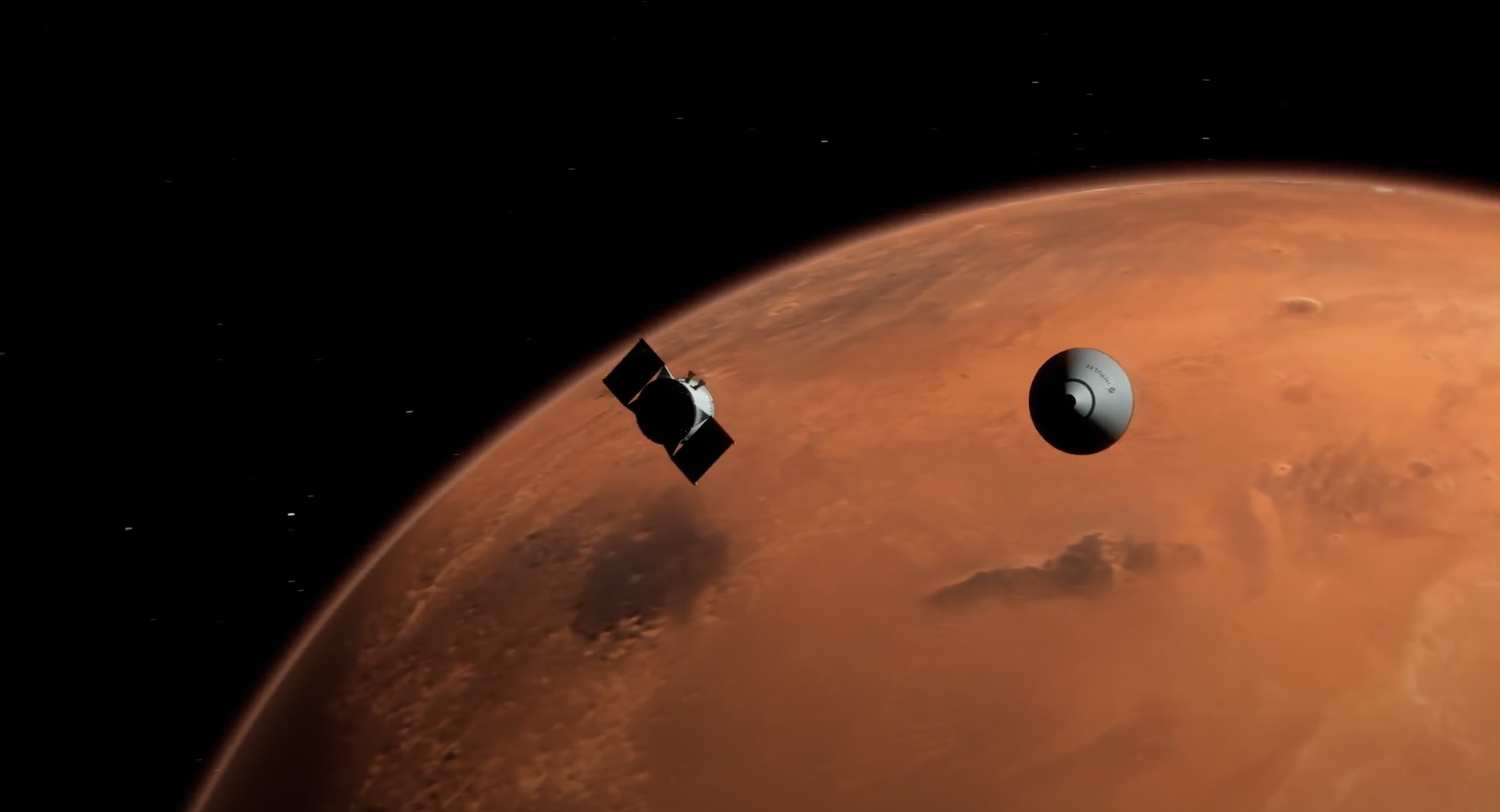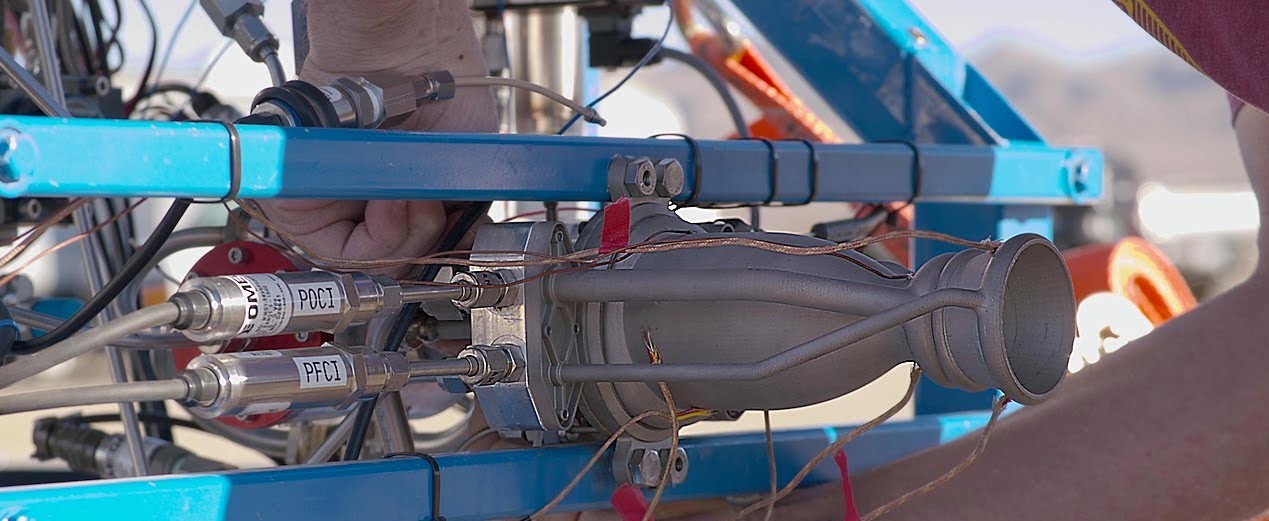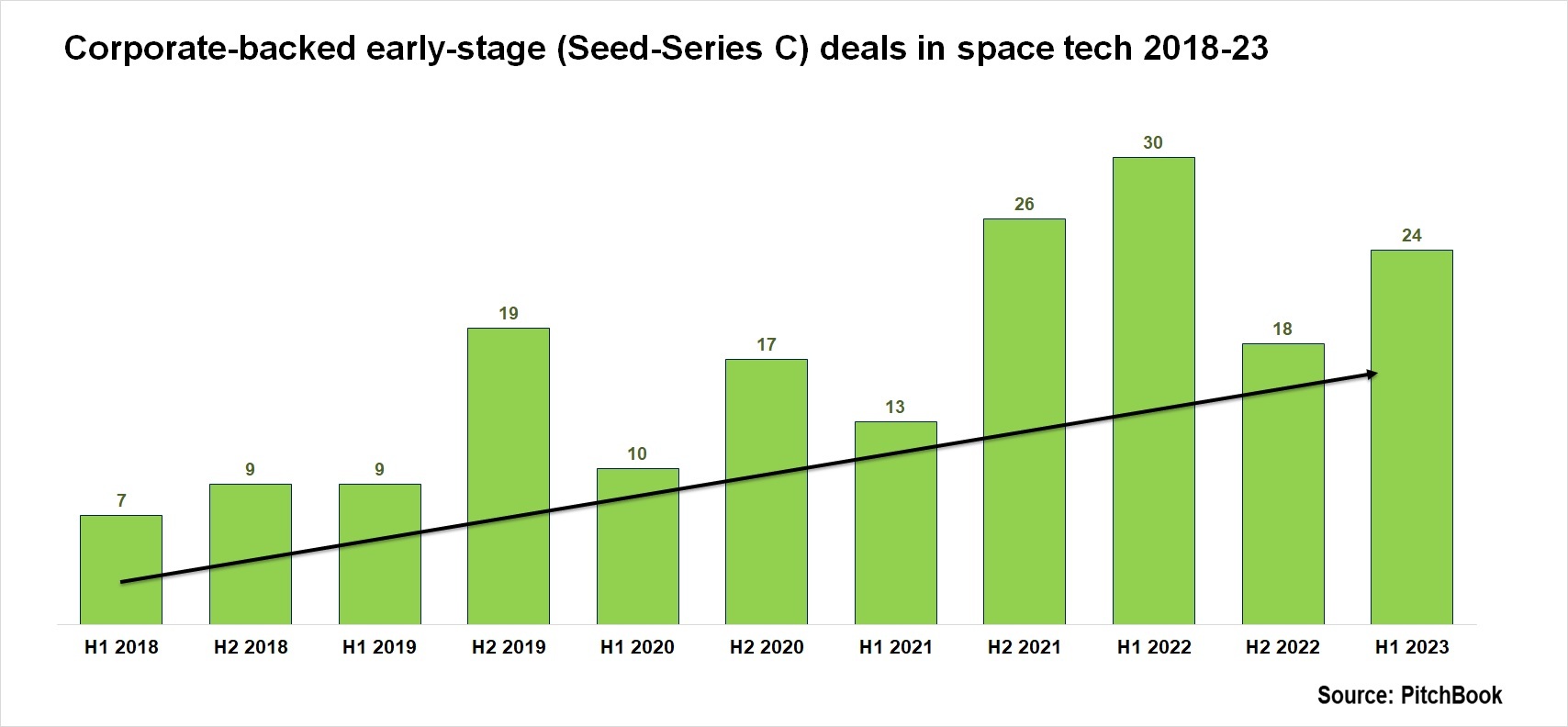As Earth's orbit fills with satellites, space service providers like RTX and Airbus-backed Impulse represent the sector's next step toward the Moon and Mars.

Corporate investors helped Impulse Space raise $45m for its in-space transportation service this week, as the space technology sector reaches towards its next phase.
RTX, the aerospace and defence manufacturer formerly known as Raytheon, led the series A round through corporate venture arm RTX Ventures while peer Airbus invested through its Airbus Ventures unit, and the deal pushed Impulse’s total funding to $65m since it was founded two years ago.
Impulse is essentially a last-mile delivery service, but in space. Clients will be able to use its LEO Express service to deliver payloads of up to 300kg to different orbits, and the company is booking trips where it will serve multiple customers. The development of reusable rockets has made going into space more affordable, but while those rockets can reach LEO quite easily, they often lack the ability to enter higher orbits without refuelling.
The Mira spacecraft used by Impulse was developed in-house and relies on a nitrous oxide and ethane propulsion system designed by CEO Tom Mueller, who formed the company a few months after leaving his position as CTO of propulsion for SpaceX, the spacecraft launcher valued at nearly $150bn. The technology has the potential to launch rockets into space for lower costs while also being less toxic.
Orbital delivery is just the first step for Impulse, which plans to move into geostationary equatorial orbit (ie. satellites that orbit in fixed positions so they can be monitored by a stationary site on the ground as the Earth moves). Its more ambitious goals involve travelling to the Moon, and delivering a cruise vehicle and lander to Mars – the first ever commercial payload to the planet – in a two-year mission scheduled to begin next year.

The upward trajectory of spacetech
Impulse’s growth comes as the spacetech sector is booming. The United Nations estimated last month that are more than 11,300 satellites in orbit around the Earth, a 38% increase in under 18 months. Lower launch costs have paved the way for traditional uses like telecommunications to give way to entire constellations for systems like satellite internet provider Starlink. And Impulse’s corporate investors are also both already involved in the space industry.
Although both are still predominantly earthbound, RTX and Airbus are both involved in space exploration. RTX has supplied spacesuits to NASA for decades while its Raytheon Intelligence & Space subsidiary produces sensor and software systems for satellites. It is working on a new class of small satellites that will be used for high-fidelity weather observation.
The round represents the first pure-play spacetech investment for RTX Ventures, but Airbus Ventures has been more bullish. It has more than half a dozen space companies in its portfolio, including Japanese lunar exploration company iSpace and the now publicly-listed rocket launcher Astra, while its parent corporation remains one of the largest satellite manufacturers in the world.
Impulse is one of several early-stage companies that have raised money of late in what is a still growing technology sector. As the graph below shows, the number of series A to C rounds in the industry is on a steady upward trajectory.

The technology and service Impulse is offering is notable in that it represents the next step in the industry, past straight launch service providers like SpaceX or Astra. As with the likes of orbital debris clearance service Astroscale or Avalanche Energy, which is developing fusion energy technology to power space equipment, it’s preparing for a future where satellites are much more widespread and humanity has taken the next step: space exploration.
Impulse propellant technology is set to be used on Haven-1, the private space station slated to be launched by US startup Vast in 2025, and Mueller said recently he is anticipating a future where his company is serving a ‘moon economy’ – an idea that could be coming to fruition through NASA’s Moon to Mars initiative, which aims to establish a permanent human presence on the Moon this decade.
In other words, we’re moving towards a science fiction future. In a few centuries time, Impulse could be a galactic delivery service akin to those in sci-fi television like Futurama or Firefly. But for now, it’s part of a more incremental step forward.









